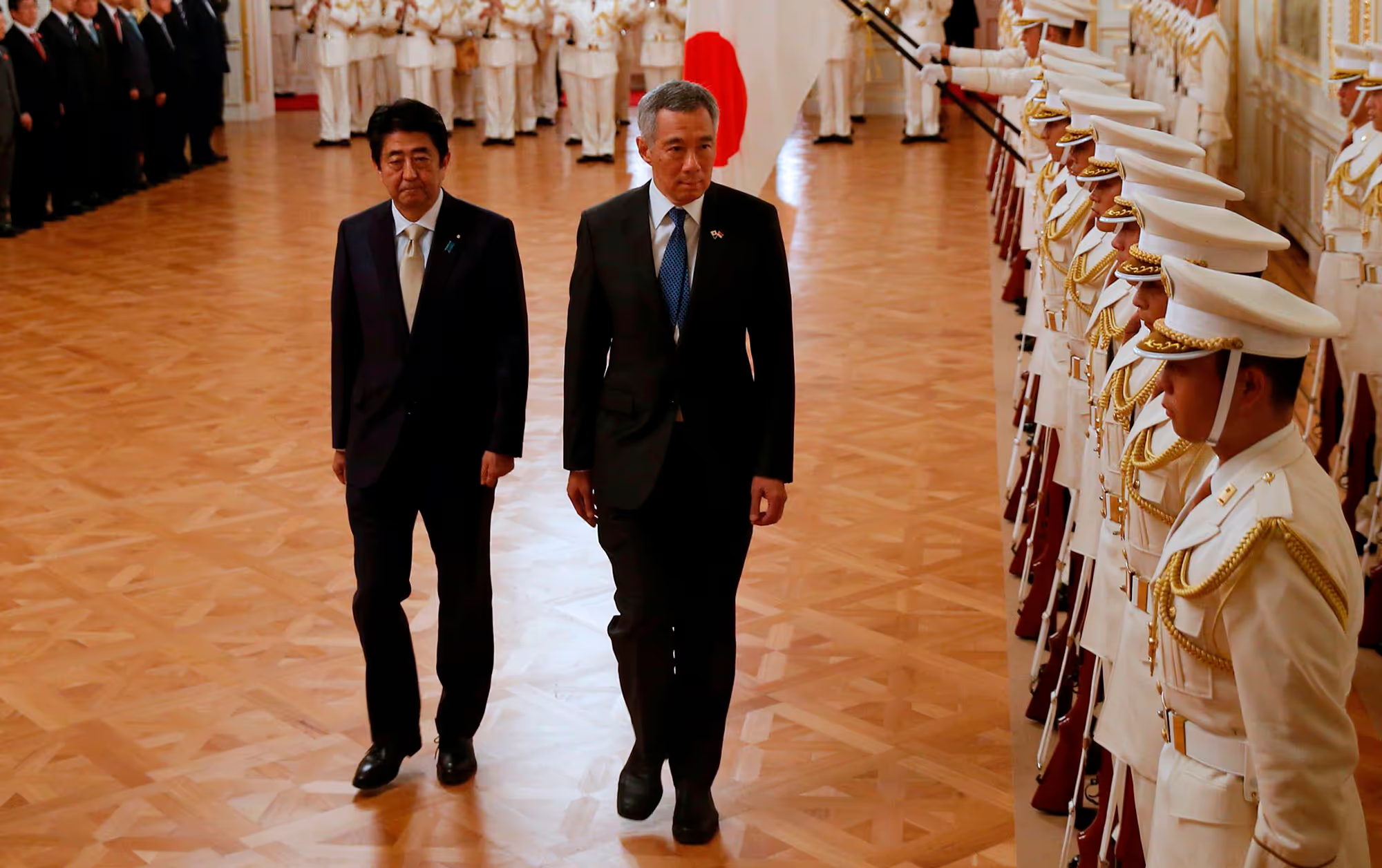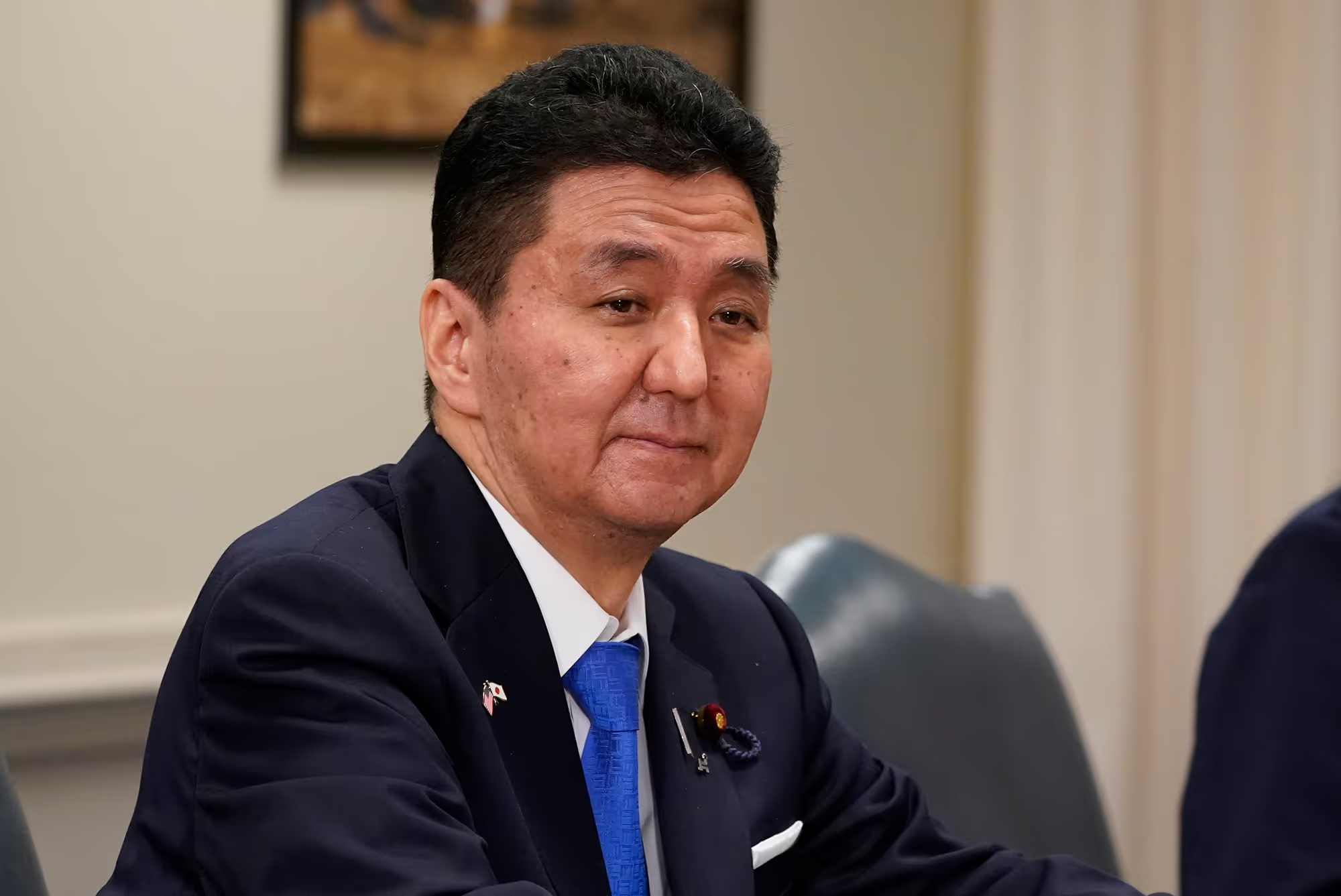.png)
Here's what we know so far:

He has regularly appeared in the media to discuss current affairs; for instance, he told Japanese television in February that Japan should discuss a possible sharing of nuclear weapons similar to that of NATO members following Russia's invasion of Ukraine.
On Friday before the shooting, he had been in Nara giving an election campaign speech on the street, to support Liberal Democratic Party (LDP) candidates ahead of Upper House elections scheduled for Sunday.
He had planned to head to Kyoto next, then to Saitama prefecture neighboring the capital Tokyo.

"I am told that he is now in a hospital in Nara, where he is receiving sensible treatment, including a blood transfusion," Kishi said.
Abe suffered a wound to the neck when he was shot on Friday morning in the city of Nara, according to officials. Kishi said the attack, which took place as Abe was delivering an election campaign speech, is “an affront to democracy” and suppression of “freedom of speech."
Thank you for this informative article CNN





